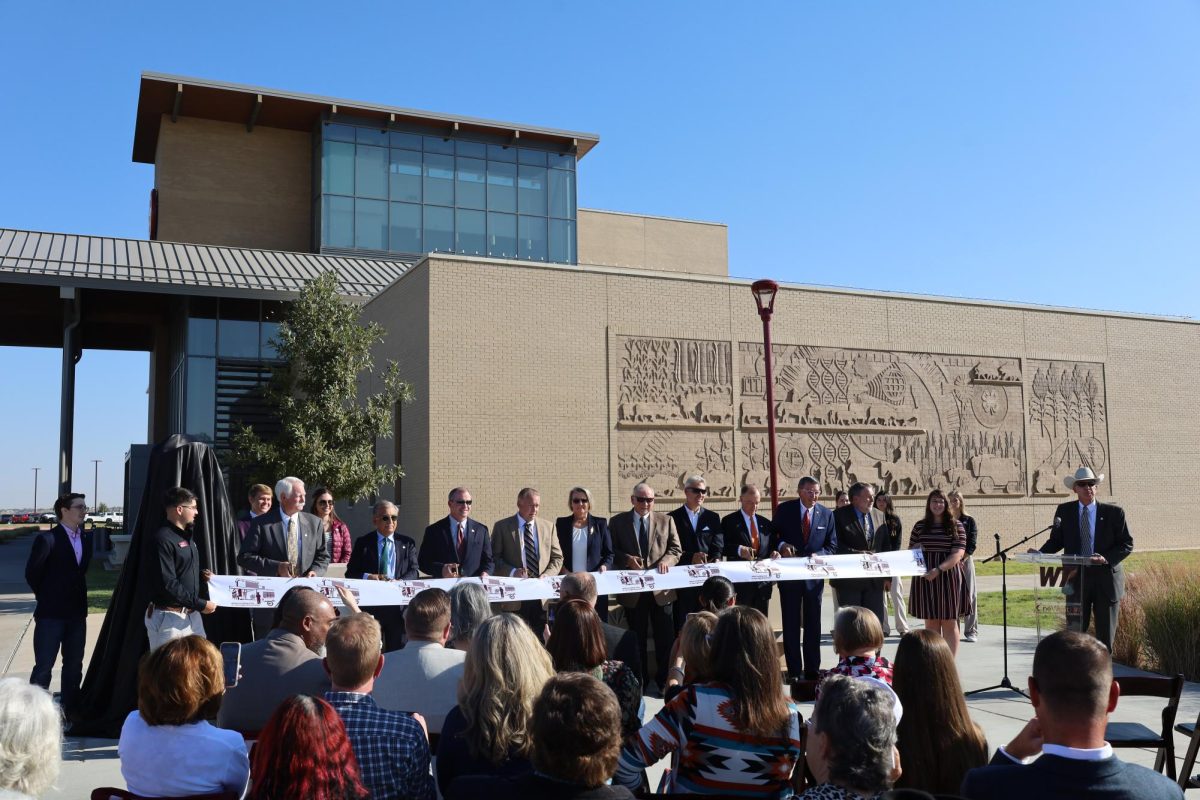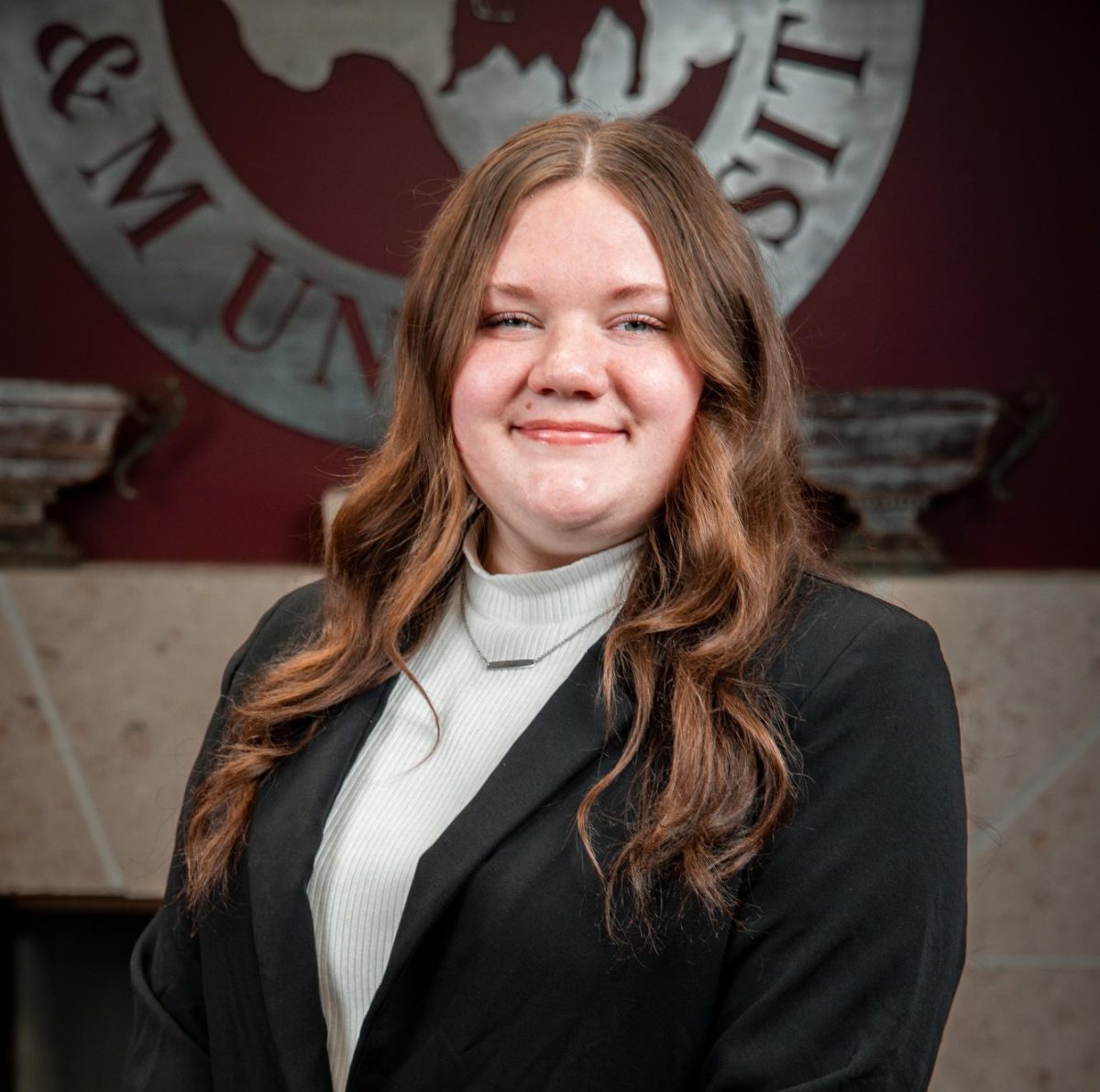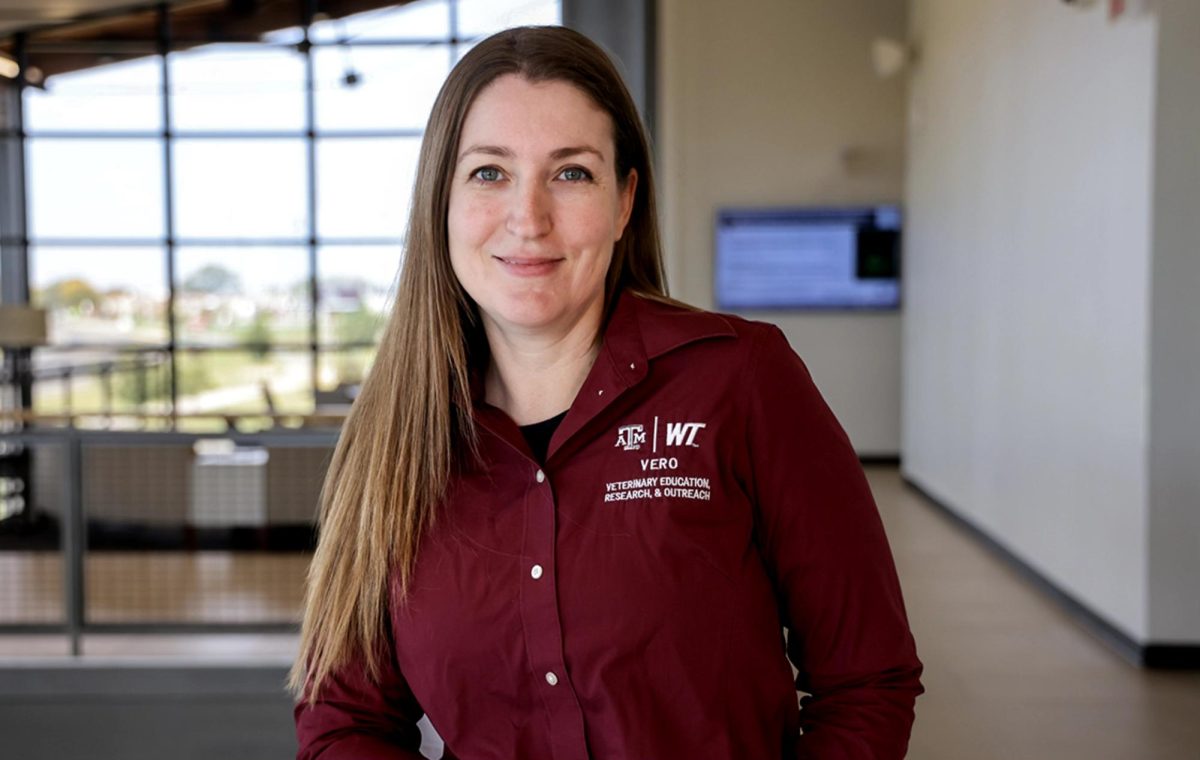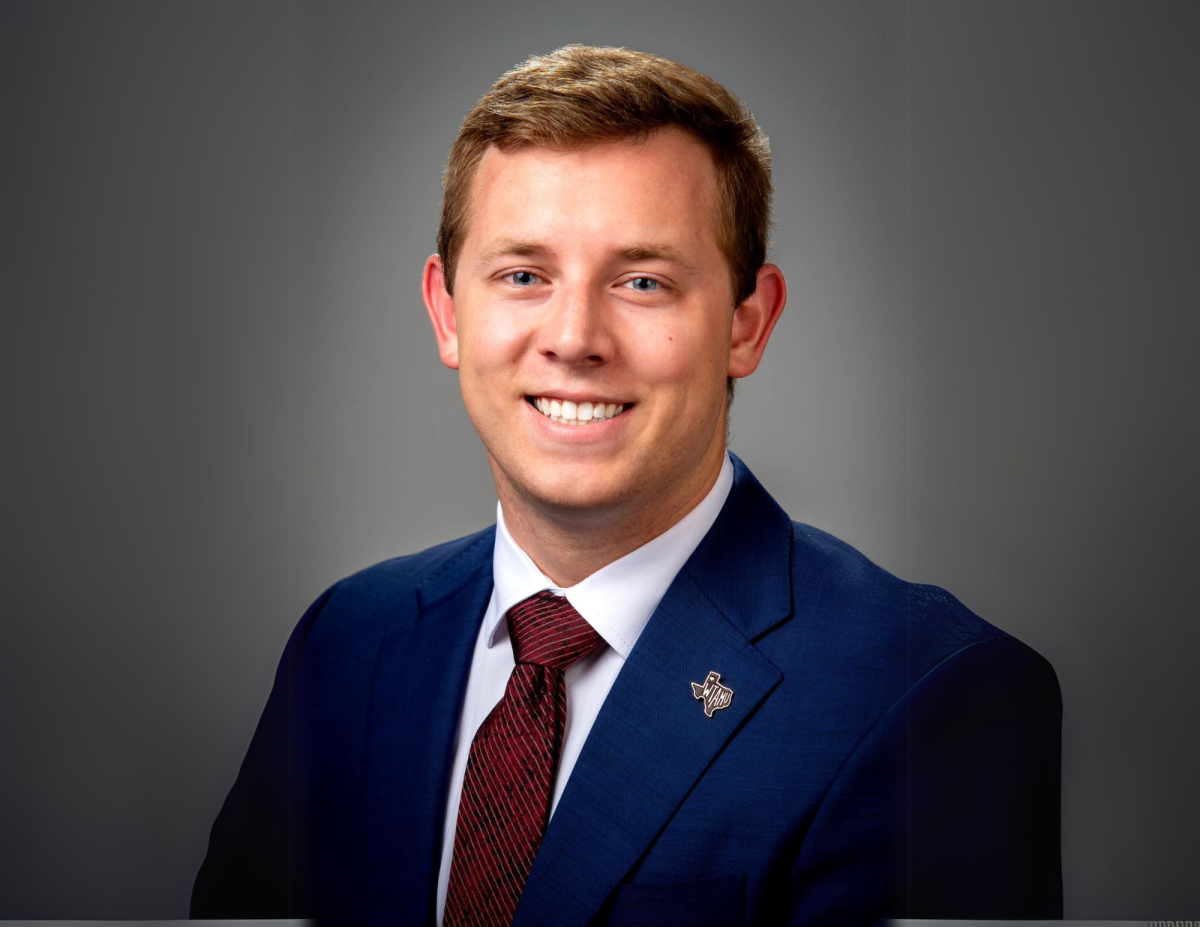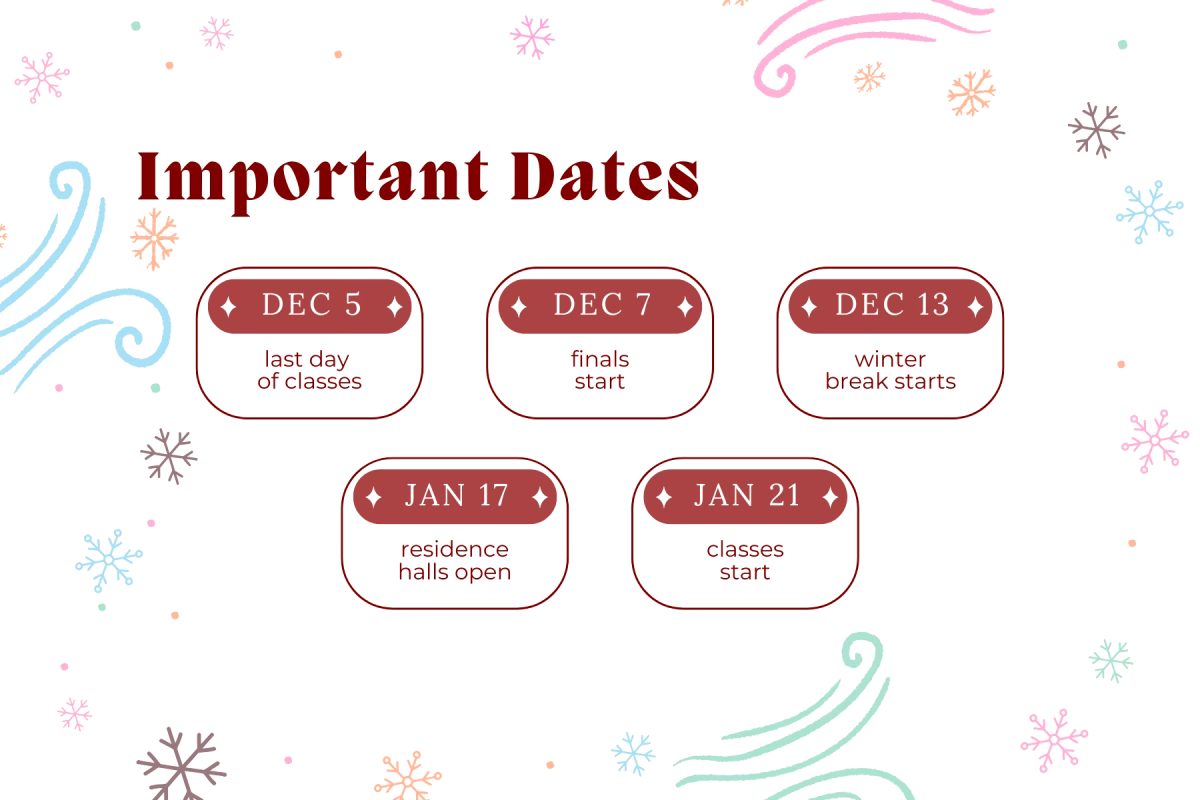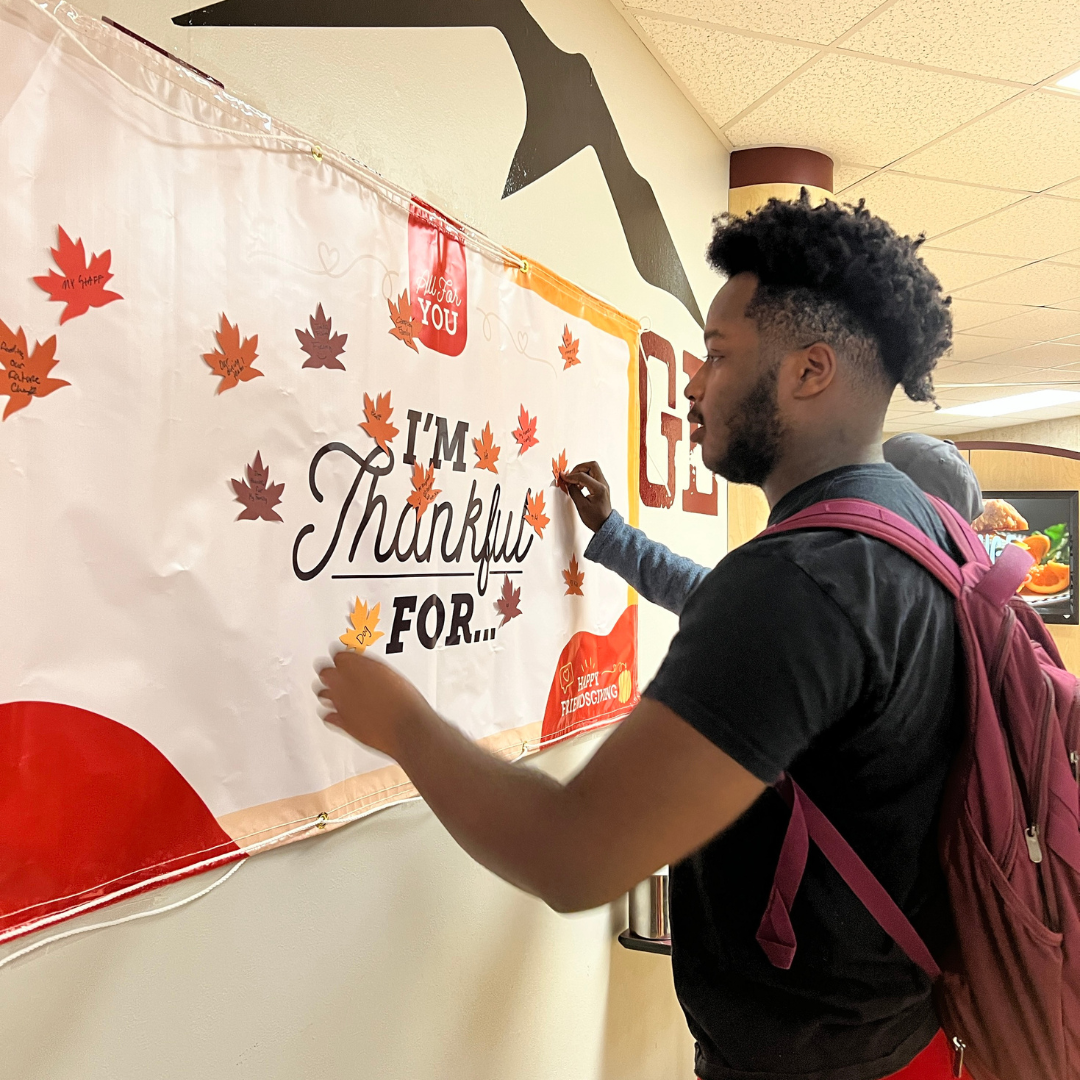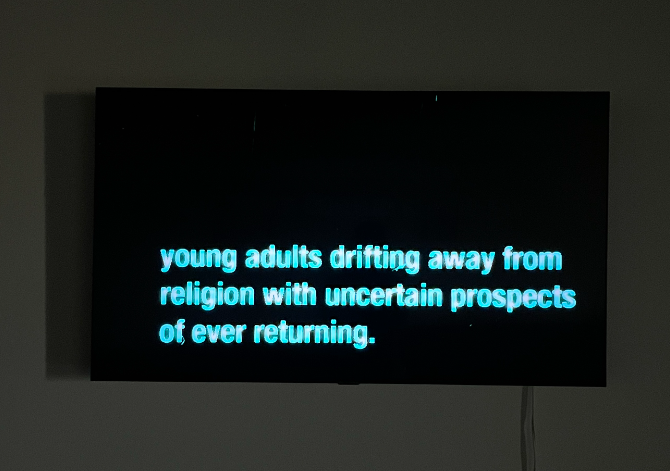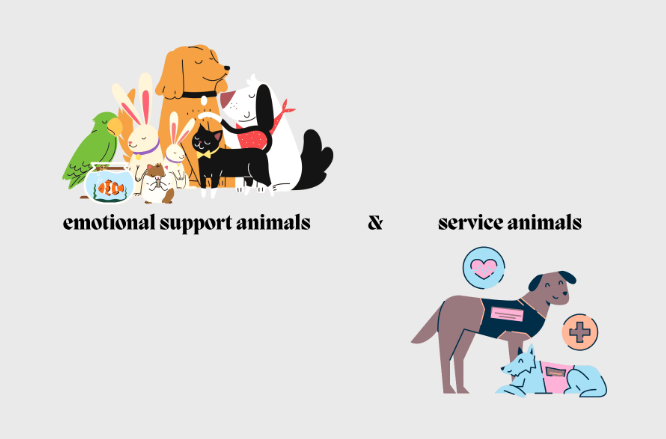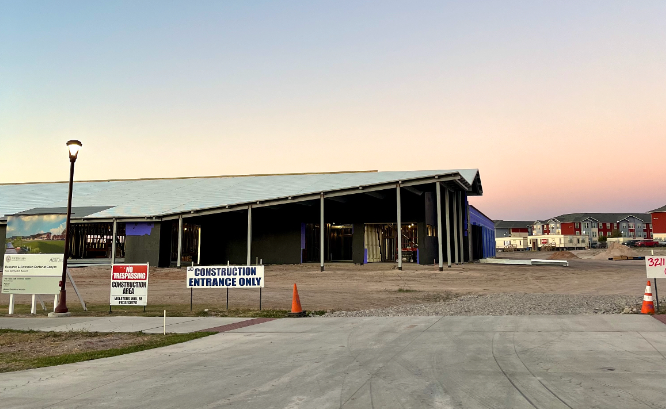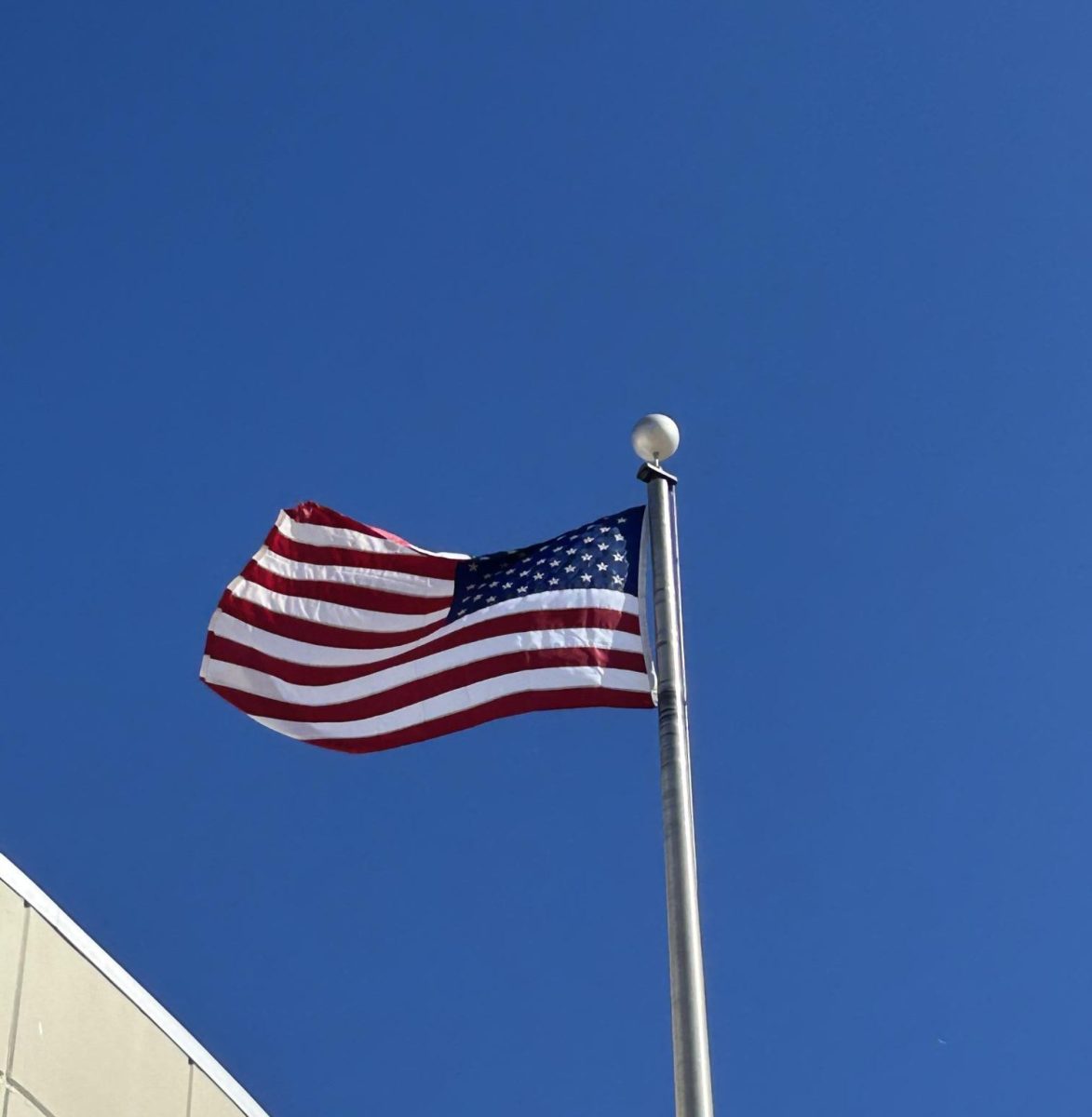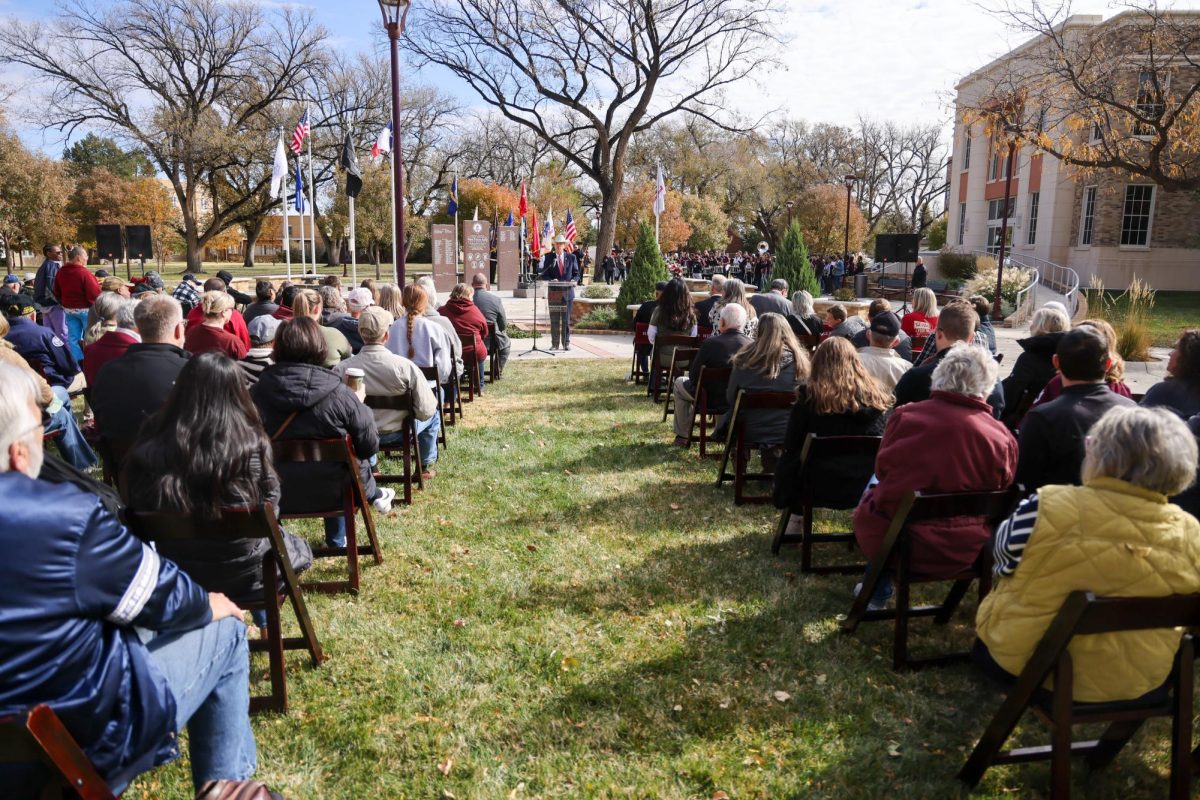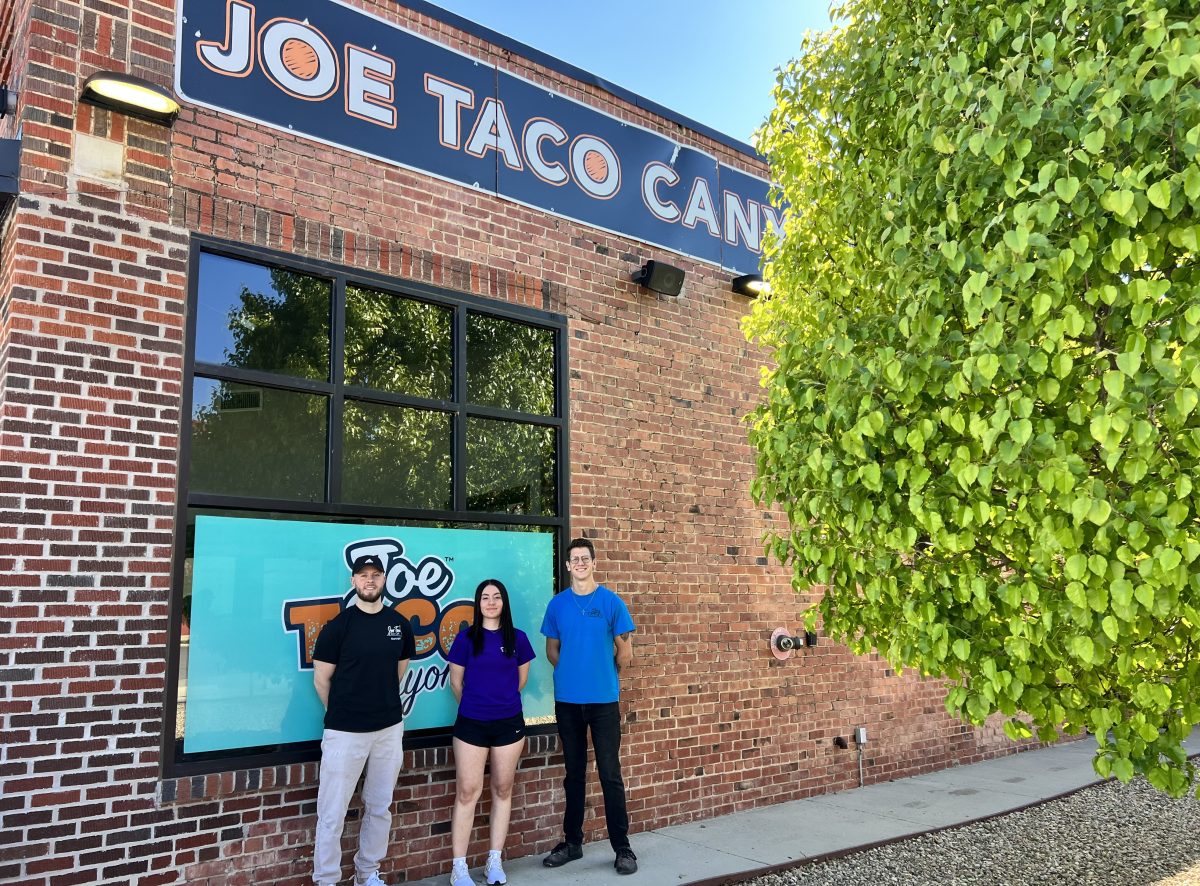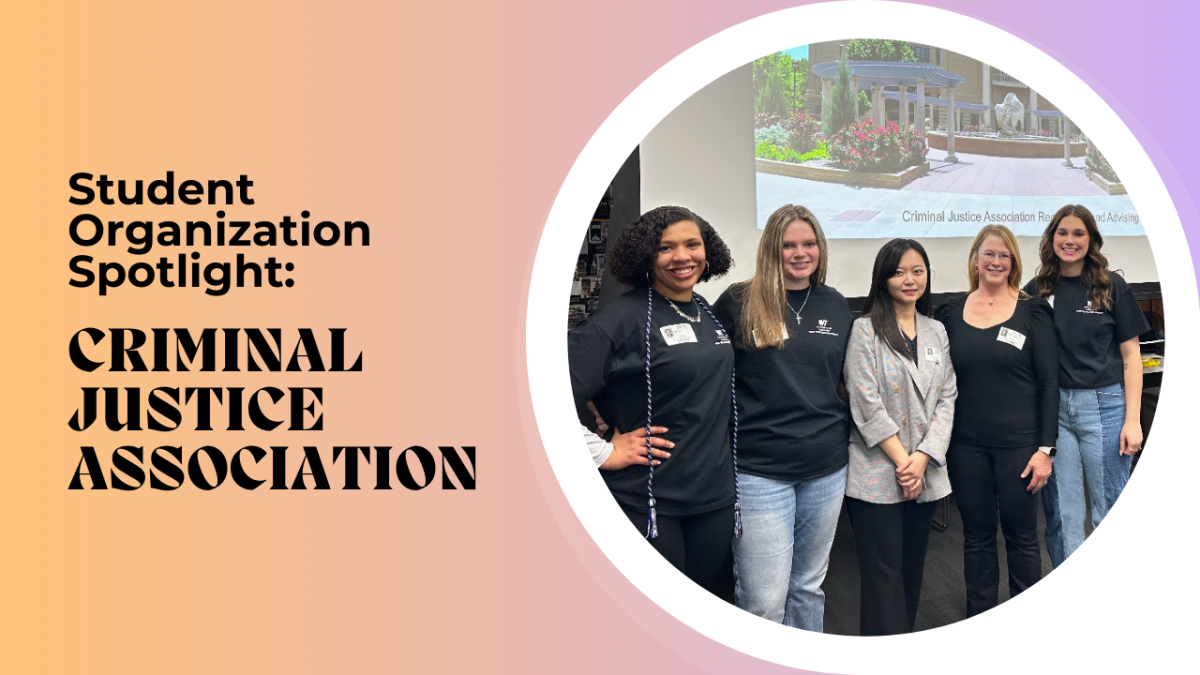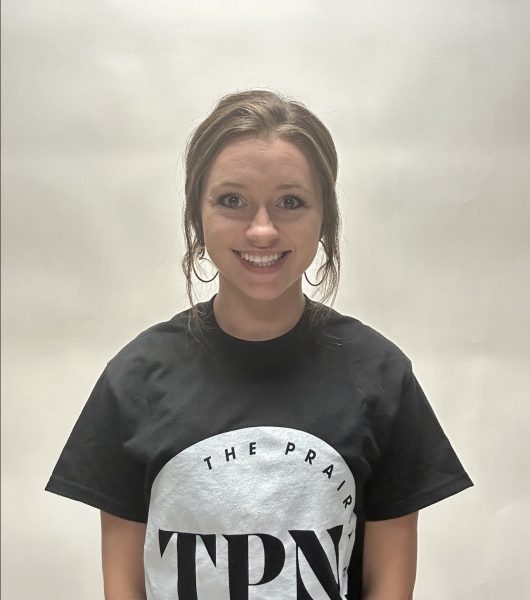A bronze statue standing seven feet tall of Paul Engler was unveiled outside the Happy State Bank Academic and Research building of the Paul Engler College of Agriculture and Natural Sciences on Oct. 11th.
The statue was sculpted by David Anderson and Pat Kennedy with the whole process taking about 16 months.
“My hope is that the statue will generate curiosity in students and visitors to learn about Paul Engler and be inspired by his hard work and successful career,” Anderson said.
One of Engler’s wishes that Anderson incorporated into his work was for it to be very detailed and realistic. Engler wanted his statue to wear his Rolex watch. Anderson also gave the statue Engler’s exact boots, belt, belt buckle and the logo for Cactus Feeders on his shirt.
Paul Engler was a founder of Cactus Feeders, which is now the biggest cattle feeding entity in the world.
Engler was also a great supporter of West Texas A&M University, the Department Agriculture and Natural Sciences, as well as the Texas panhandle and it’s communities.
The unveiling was well attended by students, faculty, staff, cattle industry professionals, a family member of Engler’s, as well as friends and business partners who came to honor the life and legacy of Paul Engler.
Numerous notorieties also attended the unveiling including President of WT Dr. Walter V. Wendler, Dean of the Paul Engler College of Agriculture and Natural Sciences Dr. Kevin Pond, Texas A&M University System’s Vice Chancellor for Academic Affairs, Dr. James Hallmark. President and CEO of Texas Cattle Feeders Association, Ben Weinheimer, as well as Engler Scholars and Ag Ambassadors.
Attendees ironically noticed that the West Texas wind blew the smell of the nearby feedyards towards campus and how fitting it was for that special day honoring the pioneer of the cattle industry in the panhandle.
“This is a historic day for the Paul Engler College of Agriculture and Natural Sciences, West Texas A&M University, West Texas, for the panhandle and for the cattle industry in our nation,” Dr. Wendler started his speech.
Dr. Wendler went on to point out that 30% of beef consumed in the U.S everyday comes out of a 100-mile radius in the Texas panhandle.
“And the father of that industry in my mind is Paul Engler,” Wendler said.
Dean of the Paul Engler College of Agriculture and Natural Sciences, Dr. Kevin Pond, described Engler’s background and the legacy he created within the beef cattle industry.
“He’s the father of the beef feeding industry in Texas,” Pond said. “He started in Nebraska, he grew up in Nebraska in a small town, worked for a person by the name of Dinklage who was very successful in cattle feeding in Nebraska on a small scale. He learned from him and brought that knowledge down to Hereford, Texas and started a feedyard there. It was the first large feedlot in the panhandle.”
Vice President for Philanthropy and External Relations, Dr. Todd W. Rasberry, described the life of Engler on a personal level.
“Paul was a true pioneer with a bold frontier spirit,” Rasberry said. “He was an entrepreneur. He came to the Panhandle of Texas, saw a problem, seized it as an opportunity and created the cattle feeding industry in the region.”
“Paul’s contributions to the region in some ways are “larger than life,” Rasberry said. “Now, his “larger than life” persona will be preserved on WT’s campus for generations to witness. Paul Engler is not simply a name, it is an image at WT.”
Englers foundation titled the Paul F. and Virginia J. Engler Foundation has agreed to donate $1 million dollars to WT for at least 80 years.
Pond described the large monetary gift that Engler gives to WT every year and the impacts it has.
“His contribution through the foundation changed the trajectory of both the College of Business and the College of Agriculture and Natural Sciences, especially the Department of Agriculture,” Pond said. “So with his gift of $1 million per year forever we are able to use those funds to do whatever the Dean thinks is appropriate and we use that heavily to match endowment monies for scholarships, for professorships or chairs.”
“So it’s been an investment in people and our endowments have gone up significantly since his gift,” said Pond. “It means we have more funds that come in every year forever from that endowment.”
“Visionary, risk taker, big thinker and businessman,” Pond said describing Paul Engler.



